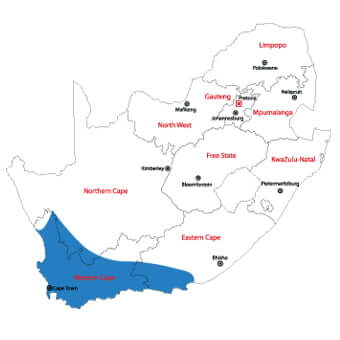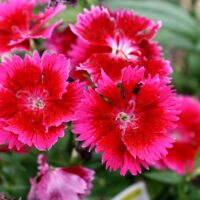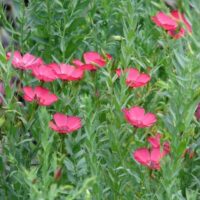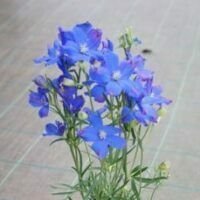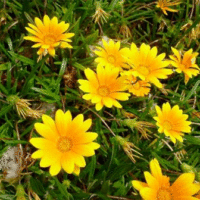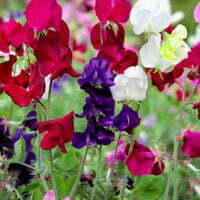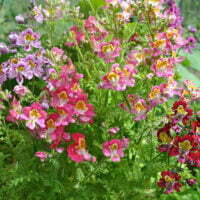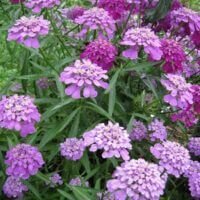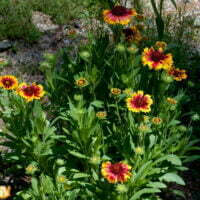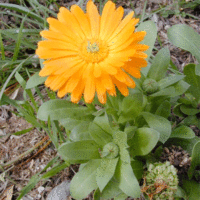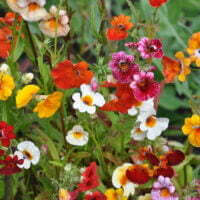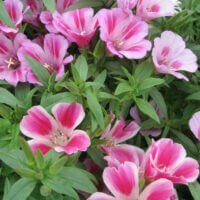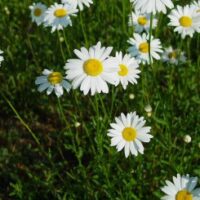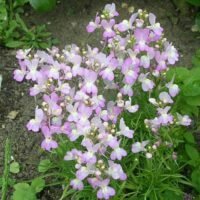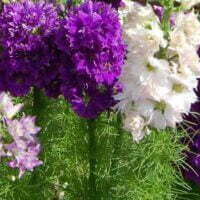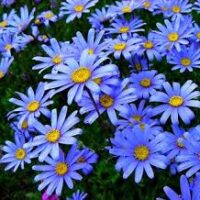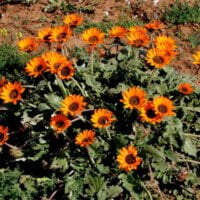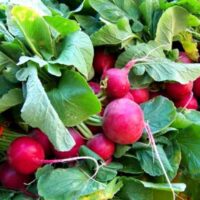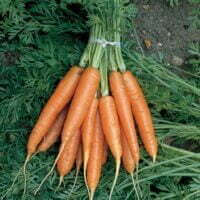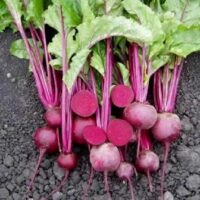What to do in your garden during May
Follow the tips beneath as a basic maintenance guide for your garden this May.
Plant & Sow
Annuals
Sow all summer flowering annuals:
-
 Dianthus (Carnation, Pink)
Dianthus (Carnation, Pink) -
 Linum grandiflorum (Flax)
Linum grandiflorum (Flax) -
 Centaurea cyanus (Cornflower)
Centaurea cyanus (Cornflower) -
 Delphinium grandiflorum (Butterfly delpinium)
Delphinium grandiflorum (Butterfly delpinium) -
 Gazania species (Treasure flower)
Gazania species (Treasure flower) -
 Alcea rosea (Common hollyhock)
Alcea rosea (Common hollyhock) -
 Lathyrus odoratus (Sweet pea,)
Lathyrus odoratus (Sweet pea,) -
 Schizanthus wisetonensis (Poor man’s orchid, butterfly flower)
Schizanthus wisetonensis (Poor man’s orchid, butterfly flower) -
 Malcolmia maritima (Virginian stock)
Malcolmia maritima (Virginian stock) -
 Iberis umbellata (Candytuft)
Iberis umbellata (Candytuft) -
 Gaillardia pulchella (Blanket flower, Indian blanket)
Gaillardia pulchella (Blanket flower, Indian blanket)
Sow these winter flowering annuals:
-
 Calendula officinalis (Pot marigold)
Calendula officinalis (Pot marigold) -
 Nemesia species (Nemesia species)
Nemesia species (Nemesia species) -
 Lathyrus odoratus (Sweet pea,)
Lathyrus odoratus (Sweet pea,) -
 Clarkia amoena (Godetia whitneyi) (Satin flower, godetia)
Clarkia amoena (Godetia whitneyi) (Satin flower, godetia) -
 Chrysanthemum species (Annual chrysanthemum)
Chrysanthemum species (Annual chrysanthemum) -
 Linaria maroccana (Toad flax)
Linaria maroccana (Toad flax) -
 Consolida ambigua (Larkspur)
Consolida ambigua (Larkspur) -
 Felicia bergiana (Dwarf felicia, kingfisher daisy)
Felicia bergiana (Dwarf felicia, kingfisher daisy) -
 Arctotis acaulis (Tufted arctotis,marigold)
Arctotis acaulis (Tufted arctotis,marigold) -
 Viola cornuta (Viola)
Viola cornuta (Viola)
Perennials
Gardenias – known as one of the most fragrant shade-loving plants. They have attractive evergreen glossy foliage that grows into a neat round bush. These beautiful plants love growing in well-drained, acid soil.
Vegetables
Sow vegetables like:
-
 Allium cepa (Onions)
Allium cepa (Onions) -
 Petroselinum species (Parsley)
Petroselinum species (Parsley) -
 Apium graveolens (Celery)
Apium graveolens (Celery) -
 Phaseolus coccineus (Runner bean)
Phaseolus coccineus (Runner bean) -
 Raphanus sativus (Radishes)
Raphanus sativus (Radishes) -
 Lactuca sativa (Lettuce)
Lactuca sativa (Lettuce) -
 Daucus carota (Carrots)
Daucus carota (Carrots) -
 Brassica oleracea var. capitata (Cabbages)
Brassica oleracea var. capitata (Cabbages) -
 Brassica campestris var. rapa (Turnips)
Brassica campestris var. rapa (Turnips) -
 Allium porrum (Leeks)
Allium porrum (Leeks) -
 Beta vulgaris var. esculenta (Beetroot)
Beta vulgaris var. esculenta (Beetroot)
Garden Maintenance
Fertilize
Fertilize fruit trees like:
- Fertilise annuals and bedding plants with a liquid fertilizer every 14 days.
General garden maintenance
- Lift Dahlias during this month and store in a cool, dry place.
- Plant bulbs like Ranunculus and anemones at two-week intervals to extend the flowering time.
- Sow cool-season shade lawn.
- Make hardwood cuttings.
- Mow the lawn if necessary.
- Water plants properly, giving them a thorough soaking every three or four days to encourage deep root development. Mulch well with organic material.
- Spray apples, pears and quinces against codling moth; and apricots, cherries, nectarines, peaches and plums against fruit fly. Spray grapes for mildew where necessary.
- Deadhead roses regularly and water two or three times weekly.
- Mulch the garden beds.
- Remember to deadhead annuals and bedding plants regularly and feed every 2 weeks or so with diluted liquid fertilizer.
- Continue to remove weeds from lawns and pavings.
- Lift and divide spring-flowering irises.
- Keep all perennials well watered and feed with all Purpose Fertilizer.
- Remember to water the garden early in the morning and preferably on wind-free days.
- Feed flowering shrubs once a month.
- Feed your hydrangeas.
For May maintenance tips on watering, pruning,
pests and disease, fertilizing and much more visit our countrywide maintenance guide.

